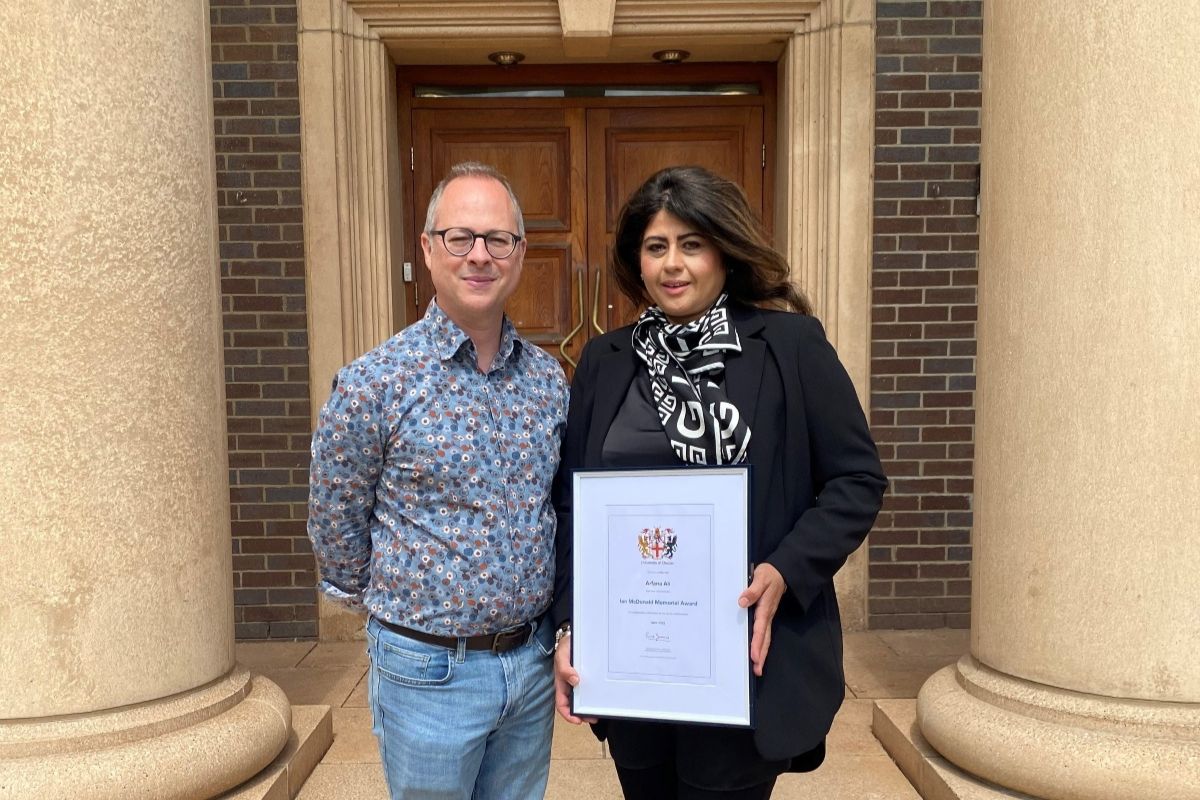Results tables for GCSE, AS and A level results in England, 2020

GCSE, AS and A level achievements in 2020 compared with 2019.
Documents
Results tables for GCSE, AS and A level results in England, 2020
Ref: Ofqual/20/6673MS Excel Spreadsheet, 45.3KB
Details
The attached spreadsheet presents the following comparisons between summer 2020 and 2019 results in England by JCQ subject group:
- GCSE full course, all ages
- GCSE short course, all ages
- GCSE full course, 16-year-olds
- GCSE all grades from 9 to 1, all ages
- GCSE all grades 9 to 1, 16-year-olds
- A level, all ages
- AS, all ages
GCSE science double award counts as 2 GCSE entries. These entries are counted twice in both the subject and overall figures.
AS and A level ‘other sciences’ includes all science subjects except biology, chemistry and physics.
AS and A level ‘other modern languages’ includes all languages except French, German, Irish, Spanish and Welsh.
The following JCQ subject groups cover a range of related subjects:
- art and design subjects
- classical subjects
- media, film and TV studies
On average pupils this year have higher grades than previous years
Statistics published today show:
- 76% of entries receive a grade 9-4, compared to 67.1% in 2019
- 99.6% of entries receive a grade 9-1 compared to 98.3% in 2019
- Overall GCSE entries in England rose by 1.9% (to 4.8m) and at age 16 they rose by 2.1% (to 4.3m)
- Entries into individual EBacc subjects rose by 2.2% overall and by 2.5% at age 16
- Entries to English language increased by 3.7% in entries overall, and 3.3% at age 16
- Maths has a 1.97% increase in the total number of students, however this is a compulsory subject. Maths entries rose by 2.0%, and by 1.8% at age 16
- Entries to history saw an increase of 4.7%
- Separate GCSE Science subjects have seen a considerable decrease in overall students taking the subjects compared to last year – Physics has seen a 0.25% decrease, Biology has seen a 0.04% decrease and Chemistry a 0.27% decrease.
- The number of students taking GCSE Science: Double Award has increased by 4.63%. In many schools, Double Science is compulsory if students do not elect to take individual science subjects. Combined science saw an increase in entries of 4.6% overall
- Entries to Spanish saw an increase of 7.4%.
- 2.1% decrease in the total number of students taking Computing
The numbers above need to be taken in the context of 103,485 more total students taking GCSEs in England this year, so the decreases we are seeing in 2020 are significant – they paint a negative picture for the future of STEM.
GCSE science double award counts as 2 GCSE entries. These entries are counted twice in both the subject and overall figures.
The figures below are for England only – the Joint Council for Qualifications (JCQ) will be releasing the total UK and gender figures in the coming weeks
Computing
2020 Total – 75730 (2.1% decrease in the total number of students taking Computing compared to 2019)
2019 Total – 77407
Mathematics
2020 Total – 734301 (1.97% increase in the total number of students taking Mathematics)
2019 Total – 720098
Physics
2020 Total – 157410 (0.25% decrease in total number of students taking Physics compared to 2019)
2019 Total – 157819
Biology
2020 Total – 165251 (0.04% decrease in total number of students taking Biology compared to 2019)
2019 Total – 165318
Chemistry
2020 Total – 158643 (0.27% decrease in students taking Chemistry compared to 2019)
2019 Total – 159082
Science: Double Award
2020 Total – 814708 (4.63% increase in students taking Science Double award compared to 2019)
2019 Total – 778626












Responses